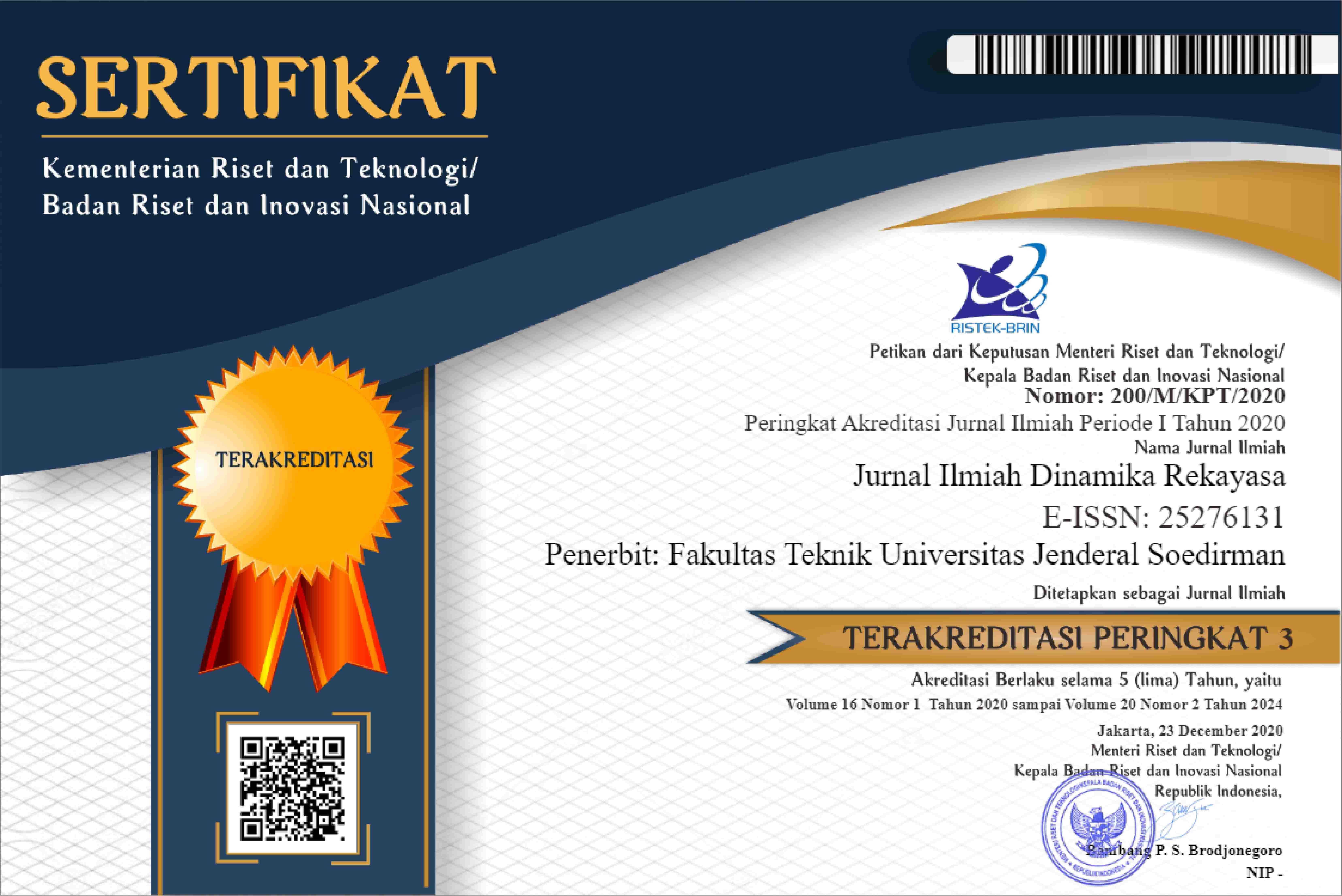Model Matematis Prediksi Produk Sukses Berdasarkan Orientasi Fungsional Emosional Produk
Niko Siameva Uletika(1*)(1) Prodi Teknik Industri Universitas Jenderal Soedirman
(*) Corresponding Author
Abstract
The risk of product loss can be minimized by mathematical model of predictive success or failure of a product at the early design stage. Model is build from 30 graphics of strategy canvas industries.Canvas strategy contains success factors product overview. This research starts with standardise canvas intervaland factor successdescription. Next step is factors succesclasification, based on functionalemotional product orientation. The result of it are 66 data sets. Data set are constructed based on value innovation concept. Every data set consist ofone price factor, one innovation factor and one factor of succes indicator. The Mathematical model from desimal data obtained by Ordinary LeastSquare (OLS) estimation parameter method. Binary data obtained by Maximum Likelihood Estimator (MLE). Mathematical model selection base onmodel and coeficient significant (α=0.05). While model significances decimal data are then validated by One Way Analysis of Variance (ANOVA), binary data validated by Hosmer and Lemeshow analysis to testgoodness of fit of the model. Coefficient of significances are tested with t and wald statistic. Finally, mathematical model required is derived from prediction capability relied on R squareAdjusted for decimal data and R square Nagelkerke analysis for binary data. The result of this research is model with prediction capability up to 70%. Thereare three models developed, new emotional model with 74.1% predictioncapability, functional velocity model (73.1%), and functional capability (70.8%).
Keywords
mathematic model, prediction, success factor, product design
Full Text:
PDFRefbacks
- There are currently no refbacks.





